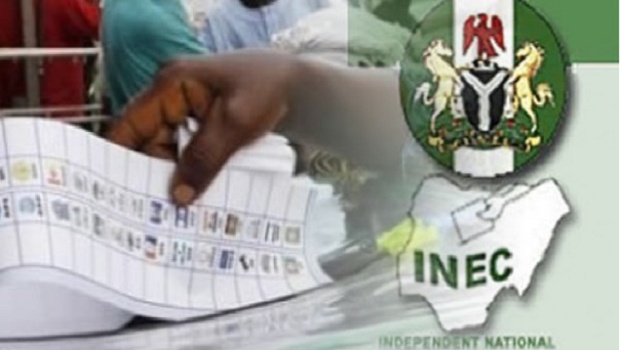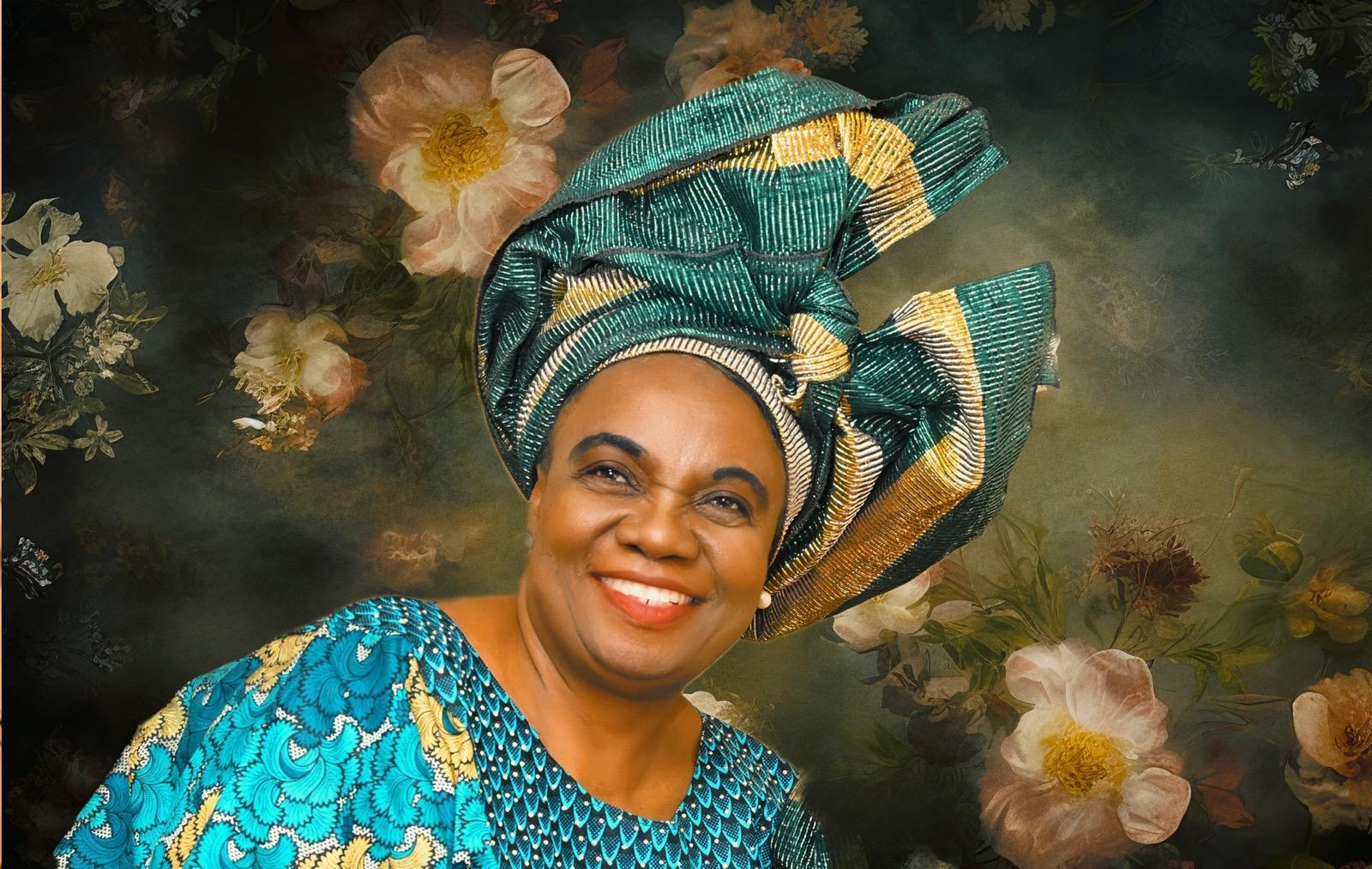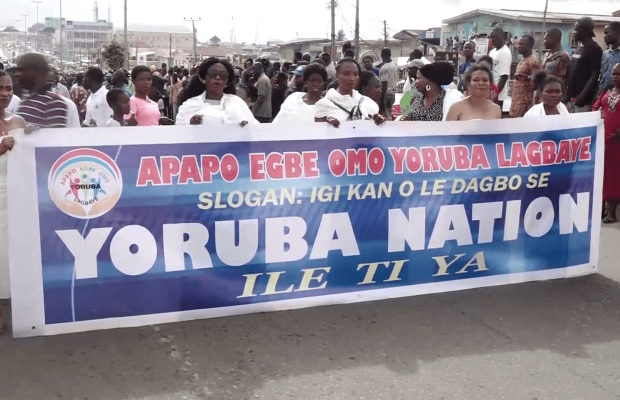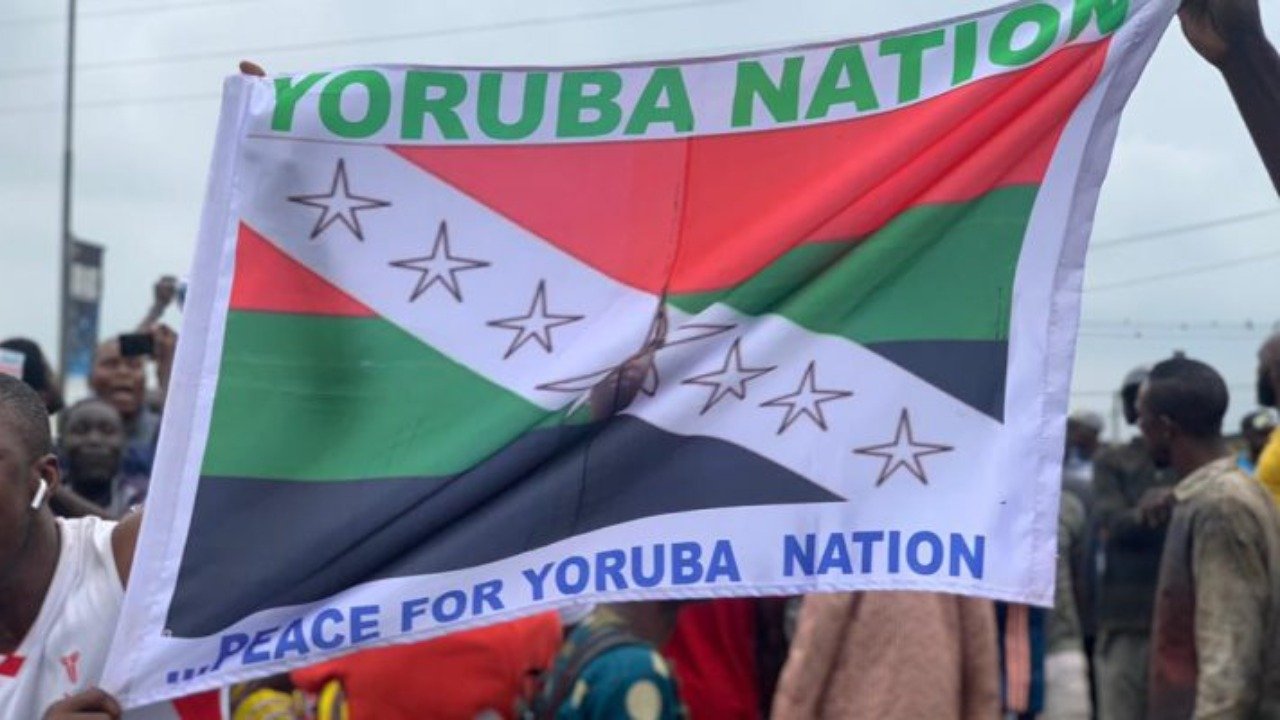By Kayode Emola
This week, on June 12th, Nigeria celebrated democracy day for the second time this year, not without drama. However, drama aside, was it really worth it fighting for democracy?
What would have happened to Nigeria had General Abacha not died? Would the economy be this bad? Would there have been even more martyrs than died already in Abacha’s regime, hell bent on killing anyone who stood in his path? All these questions beg for answer that we may never truly know.
However, what we do know is that democracy, as it’s conducted in Nigeria, is a killer. It sucks the life out of the country, turning leaders into mere puppets as it destroys the economy. This is the harsh reality to which Nigerians are being forcibly awoken. A country where the general populace must accept without complaint price increases whenever the government officials seek more money to steal, but where these same people have to go on strike innumerable times before their salaries can be so much as considered for an increase.
During the democracy day celebrations in 2000, Bola Tinubu, then Governor of Lagos State and now President of Nigeria, told a crowd of supporters that he believes in Yoruba nation, that Yoruba nation is the only solution to the people’s problem. Two decades later, the Nigerian economy has repeatedly demonstrated that unless we get out of Nigeria, the worst is yet to come for the Yoruba people.
The truth is, Nigeria’s problems didn’t start today; so anyone thinking that any solution, other than total dissolution, is deluding themselves. Unless we accept this reality, we may as well continue this charade, as though merely chanting “Democracy” will put food on our tables.
Countries like Yugoslavia walked this destructive path and it didn’t end well for them, with the eventual dissolution of the country in 1992 following a brutal and bloody war. We can continue to pretend that Nigeria is one indivisible entity, but the reality is that Nigeria is not, has never been, and will never be a united country, no matter how hard the beneficiaries of the crooked country try to make us to believe.
It would be of greater benefit to everyone if we work towards a round table discussion on the future of the country, rather than allow the forces of nature to overtake us. Have we ever asked ourselves why the military always took the reins on Nigeria’s affairs? It is because Nigeria can never function as a unified entity, so the only way to hold it together is by military force.
Every single politician is only seeking to benefit themselves, their families and their cronies. This is why none of the political actors ever try to implement sustainable development structures that will make the Nigeria people prosper, because wider sharing of the wealth among the general populace would result in less for the politicians to keep for themselves.
When our leaders do think of building infrastructure, it is only so that they appear to be doing something, with no intent to create benefit for the people. They appeal to the World Bank, IMF and any country willing to grant them loan, so that they can co-opt the money for themselves. This is the reason that Nigeria is in such a pathetic state.
If democracy were the solution to Nigeria’s problem, then 25 years after military rule ceased the country ought to be showing signs that it is on the path toward economic freedom. However, the reality is: the currency is on its knees, the majority of the youths are unemployed and the only solution the government offers to the people is patience.
Patience is a virtue, but it doesn’t put food on the table and it doesn’t pay the bills. Our people require real work and a decent living wage to take them out of poverty, not sympathy. Our people need to know that deceiving ourselves that Nigeria will be great again is futile. It can never be, so unless we dissolve the country, we will merely be vainly championing a democracy that will never solve any of the country’s problems.
Therefore, there is only one option left for us as a people: to be determined in our heart to get something better. We must, as Yoruba, pull ourselves together and ask for our own independent nation. Any other solution proposed will be no more than sticking a plaster over a heavy brain injury – we know it cannot work. Either we continue living in impoverished delusions of democracy; or else pour our energies into advocating for Yoruba independence, so that we can build ourselves a strong future in a nation that is our own.


 News6 years ago
News6 years ago
 Featured7 years ago
Featured7 years ago
 Boss Picks6 years ago
Boss Picks6 years ago
 Headline6 years ago
Headline6 years ago
 Headline6 years ago
Headline6 years ago
 Headline6 years ago
Headline6 years ago
 Headline6 years ago
Headline6 years ago
 Headline6 years ago
Headline6 years ago













